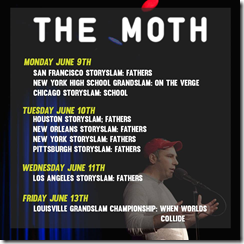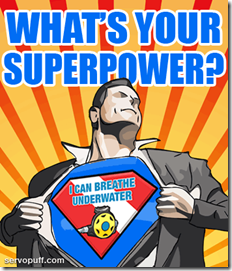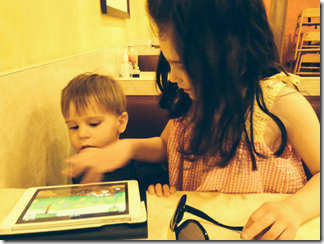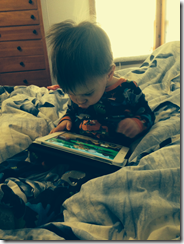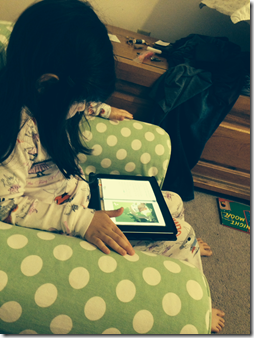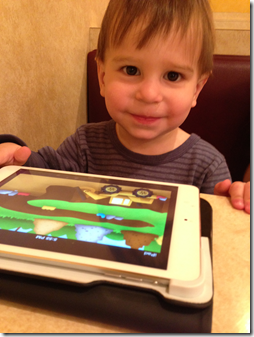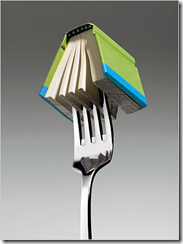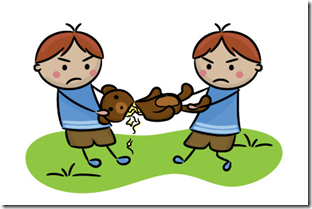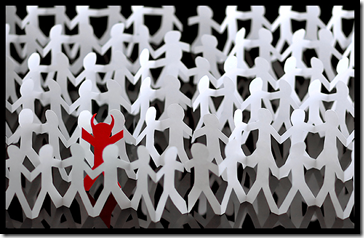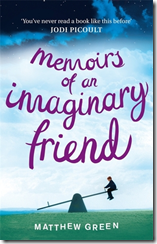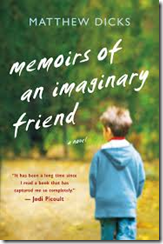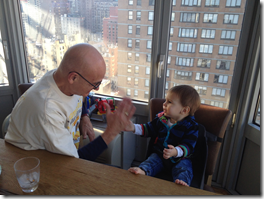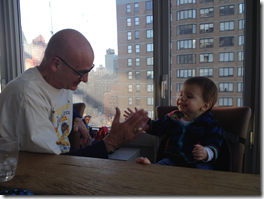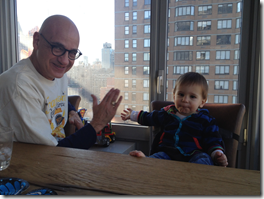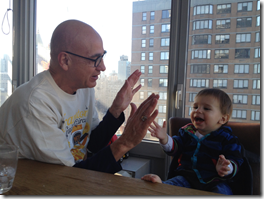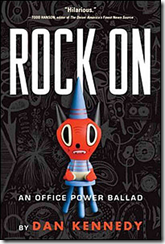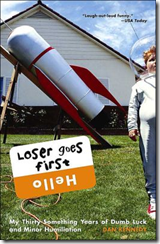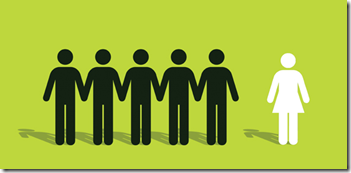What were the three most important decisions of your life?
/A recent Quora question asked, “What were the three most important decisions of your life?”
I’ve been debating this question for almost a month, and I have finally settled on three. While many decisions could have occupied these three spots, I decided to favor the toughest and most unlikely decisions of my life rather than the ones that were easy and obvious.
For example, deciding to marry Elysha is probably the most important decision of my life, but it was barely a decision. Who wouldn’t want to marry Elysha if given the chance? It was a no-brainer.
Instead, I found three extremely important decisions in my life that could have gone either way and changed the course of my life forever.
1. Maintaining my innocence when charged with grand larceny and embezzlement.
While being questioned about a crime that I did not commit, the police almost had me convinced to confess to the crime rather than risk a lengthy prison sentence. I spent a minute in a mop closet pondering that decision and ultimately decided to stick to the truth, but it was a close call. The police can apply a great deal of pressure in these moments, particularly when you are a 19 year-old kid without any parents, any money or an attorney.
The result was a brief period of homelessness, 18 months spent working 80 hours a week at two different jobs in order to pay a $25,000 attorney’s bill, a permanent case of post traumatic stress disorder as a result of an armed robbery, and a trial where I was found not guilty.
Had I confessed and accepted their plea deal, I could not have become a teacher.
2. Choosing West Hartford Public Schools over Newington Public Schools.
In the summer of 1999, my hometown of Newington, CT had offered me a permanent position as third grade teacher in one of their elementary schools. I was asked for a day to consider their offer, but the wait time was merely perfunctory. I was taking the job.
During that 24 hour period, I received a call from a principal in West Hartford requesting an interview. Out of curiosity more than anything else, I agreed to speak to him that day. Three hours later, he had offered me a one year position covering a second grade teacher on maternity leave.
The permanent position in Newington would have been the wise and sensible choice. It was in my hometown and would provide me with long-term stability in a time when teaching jobs were hard to find. But I was impressed by the principal, his commitment to children, and his support for the arts. After much debate, I decided upon the one year position in West Hartford, and 16 years later, I am still teaching in the same school.
That decision changed my life. I met my wife while teaching at that school school. I met five of my closest friends while teaching, including the principal, who has since retired but remains one of my closest friends today. I met my son’s and daughter’s god parents while teaching at that school. Many of my former students are my children’s favorite babysitters, and one of my first students is our primary babysitter and like a member of the family.
I was given the freedom to create a classroom environment that placed reading, writing, and theater at its core, and I have developed a teaching philosophy that has led to much success in my field. I was named Teacher of the Year in West Hartford and was a finalist for Connecticut Teacher of the Year.
I started playing golf, a game that I love beyond all others, thanks to the friends I met at that school, and ultimately wrote a book about it.
The school’s community, teachers, students, and parents, have become a second family to me. When my job and my future were threatened several years ago, they rallied around me in ways I could have never expected.
3. Saying yes when my best friend asked me to start a wedding DJ company with him.
In 1997, I was attending Trinity College and Saint Joseph's University fulltime, working on degrees in both English and elementary education. I was also managing a McDonald’s restaurant fulltime and tutoring students part-time at the college’s writing center. I was writing for the college’s newspaper. I was the Treasurer of the Student Senate.
I was busier than I had ever been in my life.
Then Bengi called and asked if I wanted to be a wedding DJ, even though we had no experience or equipment or knowledge of the industry, and I said yes.
Seventeen years later, we remain in business. I have entertained at more than 400 weddings in that time. The DJ company has provided me with much needed income through the lean times of my life.
I met one of my best friends while working as the DJ at his wedding, and that friendship has led to me becoming a Patriots season ticket holder. That same friend led me back into writing when I had given up hope on ever becoming a novelist and professional writer.
I would not have a writing career today had it not been for him.
I unknowingly gained 17 years of public speaking experience, which allowed me to step into the world of storytelling and public speaking three years ago with unexpected ease and success. I won my first Moth StorySLAM in large part to the experience I gained as a DJ.
I have since competed in 24 Moth StorySLAMs in New York and Boston and won 12 of them. I’ve told stories for Main Stage shows and GrandSLAM championships and many other storytelling organizations in New York, Boston and Hartford. I would not be the storyteller and speaker I am today had I not worked for almost two decades as a wedding DJ.
Telling stories for The Moth led to the founding of Speak Up, the Hartford-based storytelling organization that my wife and I founded last year. In a little over a year, we have produced eight sell out shows, launched a series of storytelling workshops, and have now been approached by outside venues, asking us to take our show on the road.
The DJ business also led to me becoming ordained as a minister. I have presided over almost 20 weddings, one baptism, and three baby naming ceremonies in that time.
I’d love to hear your three most important decisions if you’re willing to share. Post in the comment sections. Send me an email. Contact me through social media.



